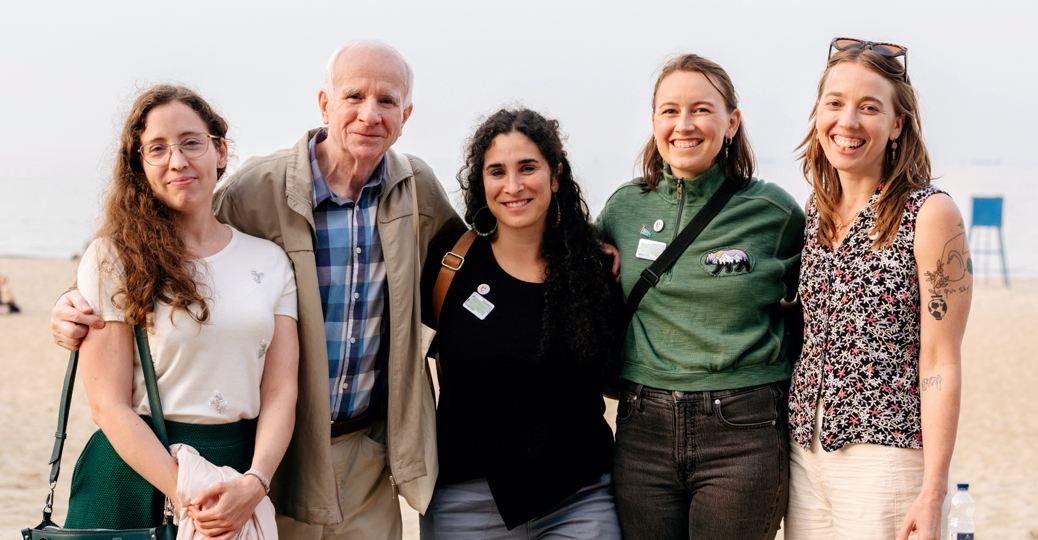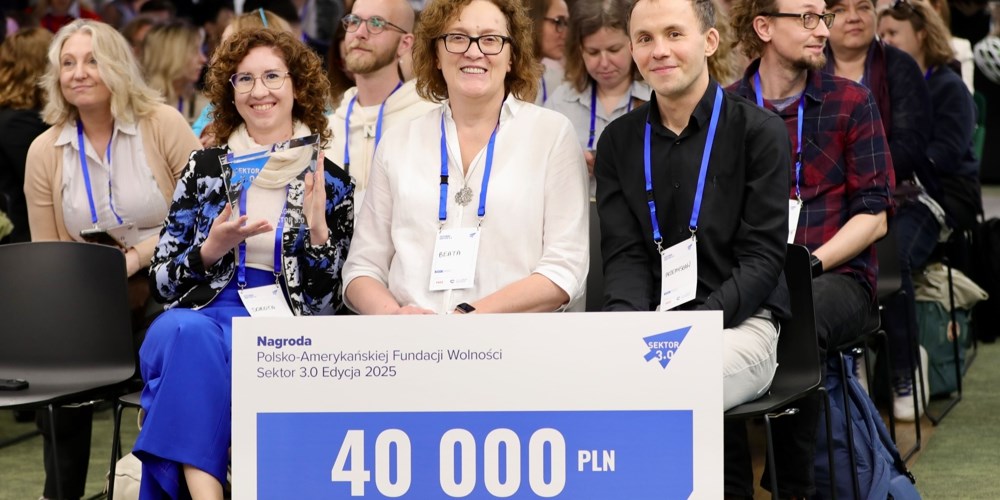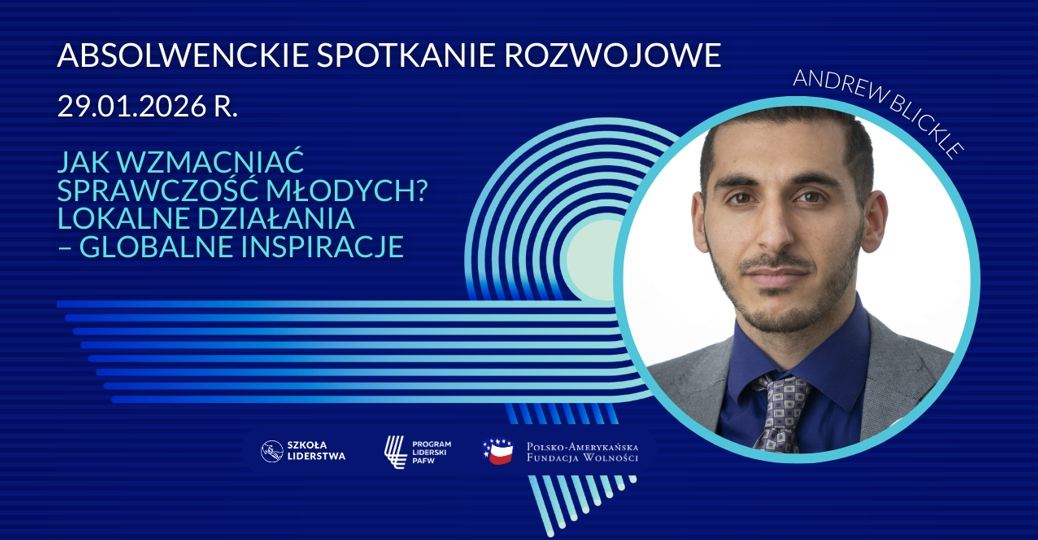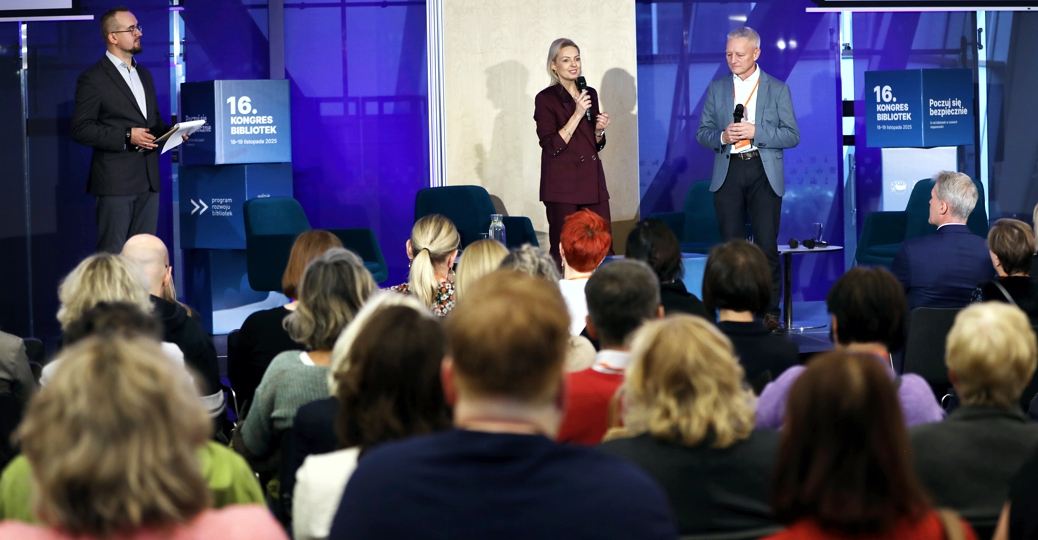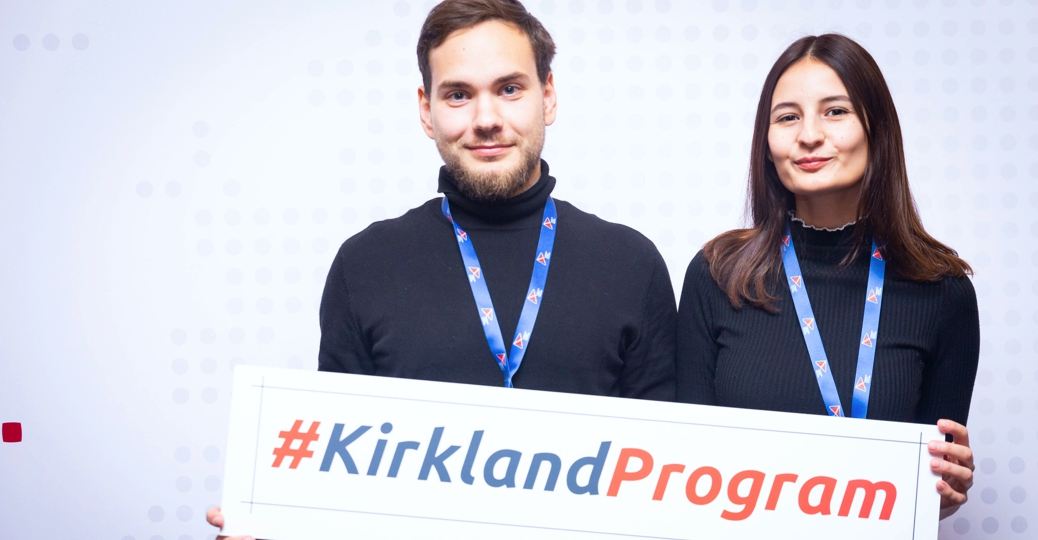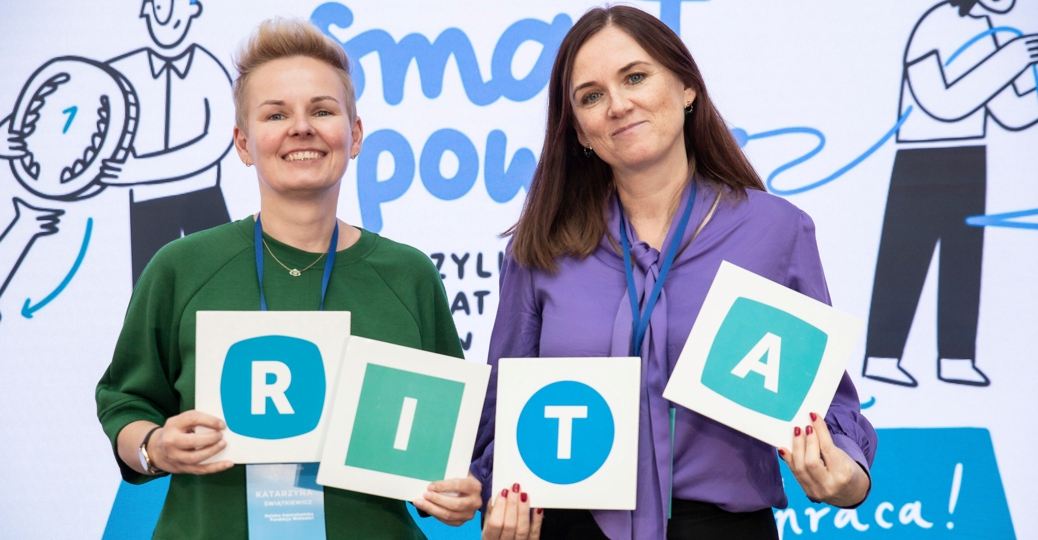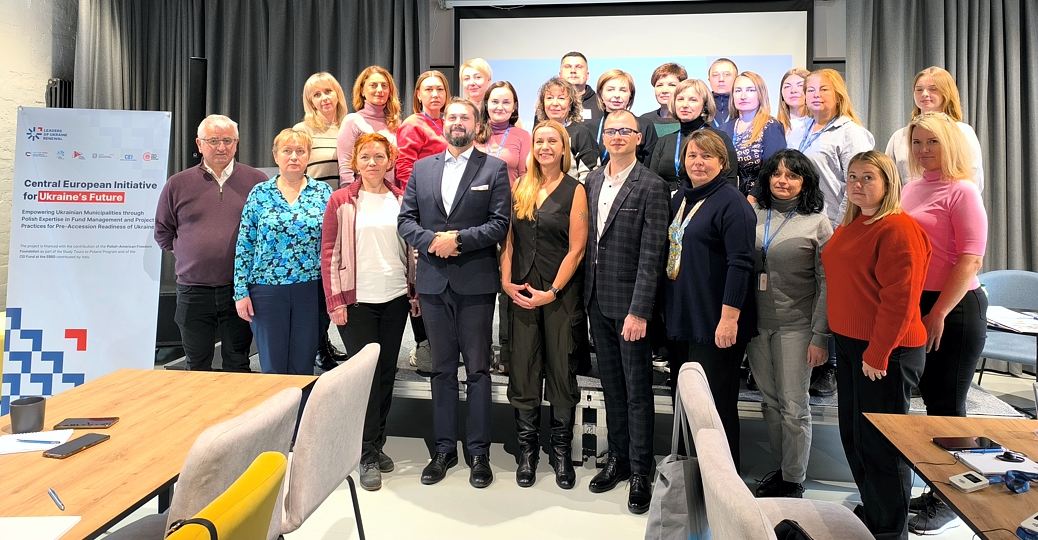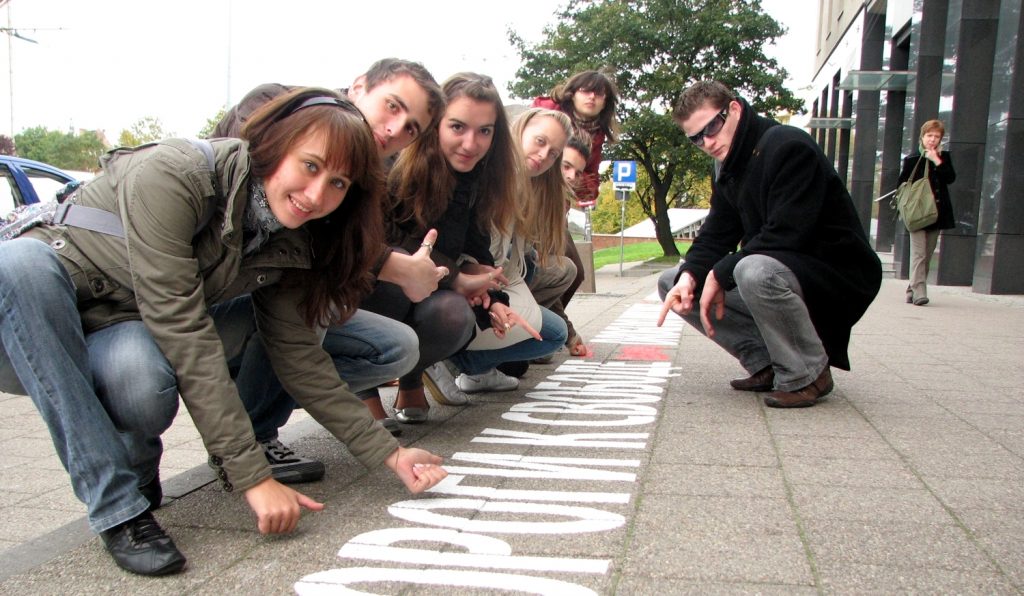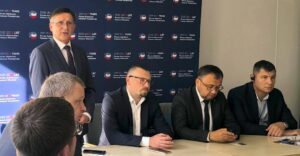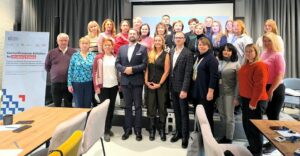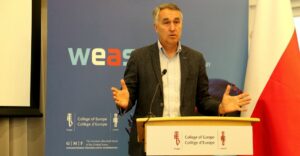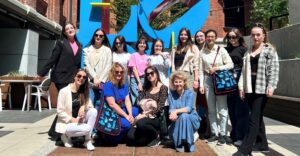Launched in 2004 by the Polish-American Freedom Foundation, the “Study Tours to Poland” initiative comprises study visits organized for active citizens (students and professionals) from East European countries. The aim of these visits is to show the realities of Poland (and the European Union) as well as develop and strengthen professional and personal contacts of leaders from Eastern Europe with the Poles and Polish institutions.
The tours are run by experienced Polish NGOs, selected through open competition. The coordinator of the tours is the “Borussia” Foundation from Olsztyn.
One of the elements of the September anniversary celebrations was a meeting of more than 40 “STP” alumni, attended by students from Russia, Ukraine, Moldova and Belarus. The meeting was held in Elbląg and Gdansk on September 11 -13 as part of the “Ambassadors of Cooperation” project. The goal of the meeting was not only to sum up the last 10 years of “STP” operations but also exchange experiences and discuss the possibilities to cooperate in the framework of the international alumni network. “In the individual dimension, we wanted to inspire our alumni to consider their role in their communities. This was the aim of, for example, Adam Balcer’s lecture on “My country in 2030”, which presented the possible scenarios of changes in social, demographic or political area in the countries of the Region. To the same end served the visit to the European Solidarity Center in Gdansk,” Ewa Romanowska, a member of the Management Board of “Borussia” Foundation says.

During the meeting the results of the survey carried out among the “STP” participants by the Unit for Social Innovation and Research “Shipyard” Foundation were presented. They show that the “Study Tours to Poland” initiative has had a significant impact on broadening the contact network and the alumni mobility. The participation in the tour has also resulted in increase of interest in Poland. As much as 57% of the survey respondents have visited Poland again. This is undoubtedly the success of the program which helps build lasting relationships with our country. At the same time, 43% of alumni participating in the survey have maintained contacts with Poles met during the tour and as much as 92% – with other participants of the tour. Making friends and establishing contacts with their peers in other countries or Poles met during the visit to Poland is a very important aspect of the study tours. The purpose of the survey carried out by the Unit for Social Innovation and Research “Shipyard” was also tracing the fates of the “STP” alumni.

It allowed us to learn what they currently do, where they live and how they use the knowledge gained and contacts established during their participation in the program. Social activity is an important criterion in the recruitment to the program process, as are engagement and acting for the benefit of their community or country. The survey participants were asked about that aspect of their work and non-work activities. 17% of respondents declared that they are employed in a non-governmental organization, almost half of respondents (47%) volunteer and not much less (41%) are active in an NGO or a social organization. “The survey has showed clearly that despite the passage of time, the alumni have very nice memories from their visit to Poland. For almost all of them it was an opportunity for personal development, learning more about our country and broadening of their horizons,” Renata Koźlicka-Glińska from the Polish-American Freedom Foundation sums up.
“The Ambassadors of Cooperation” event was co-financed by the Department of Public and Cultural Diplomacy at the Ministry of Foreign Affairs under the “Cooperation in Public Diplomacy 2014” competition.
The “Study Tours to Poland” initiative is one of the undertakings of the Polish-American Freedom Foundation aimed at sharing Polish experience in transformation with countries from Central and Eastern European Region. Students aged 18 to 21 from Belarus, Moldova, Ukraine and Russian Federation (from Briansk, Kaliningrad, Novgorod, Leningrad and St. Petersburg oblasts) can participate in visits to Poland that last a dozen or so days. Students participating in “STP” have the opportunity to meet Polish academic environment, civic organizations, leaders of public life as well as participate in lectures, workshops, seminars and cultural events. In the period 2004-2014, the diverse types of study tours hosted by Polish NGOs were attended by 6,343 people, including 2,366 students.









